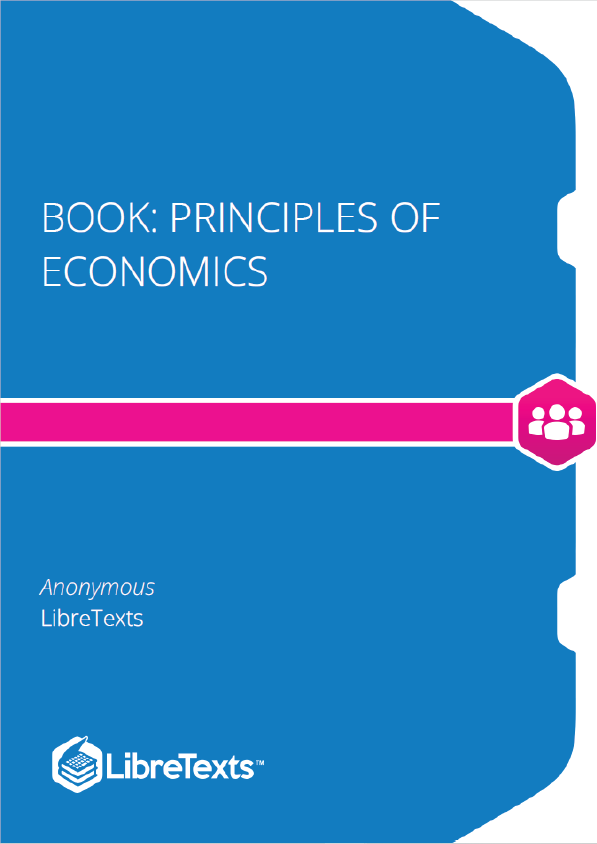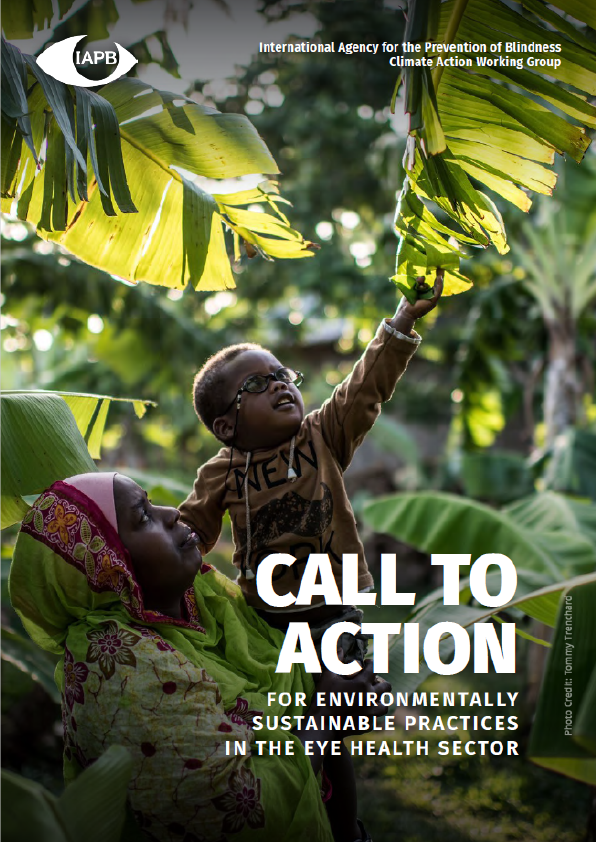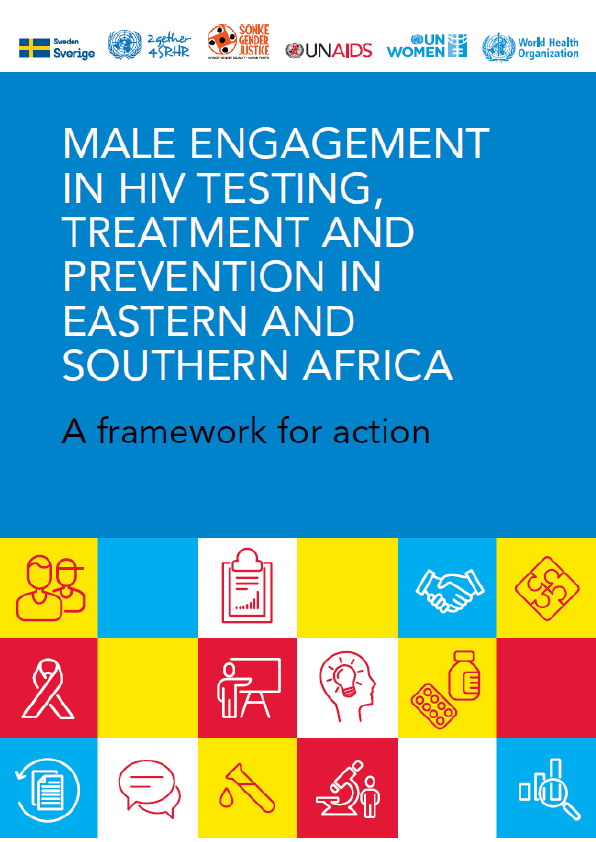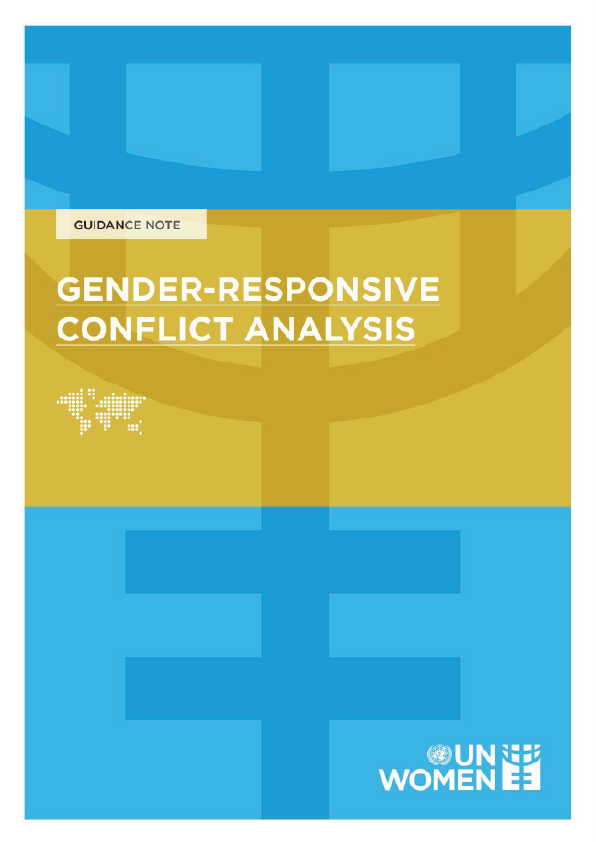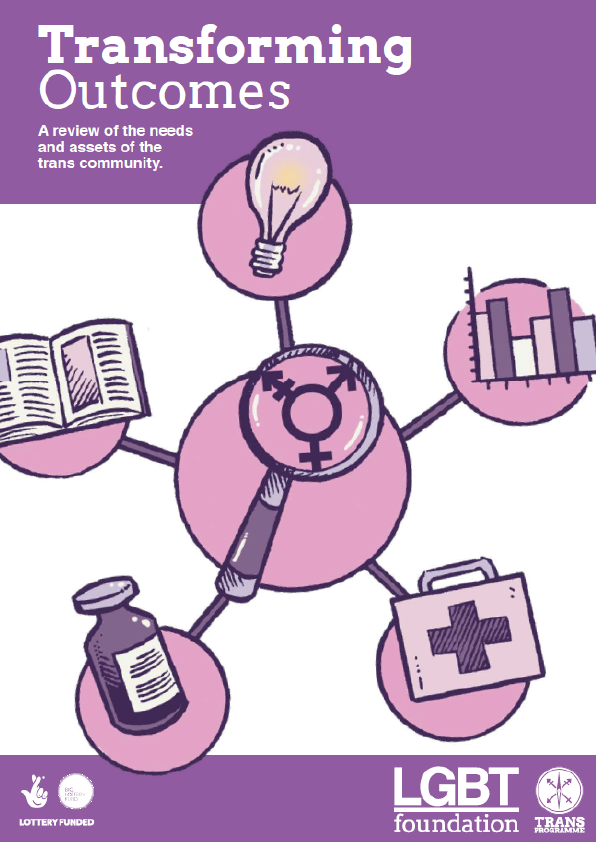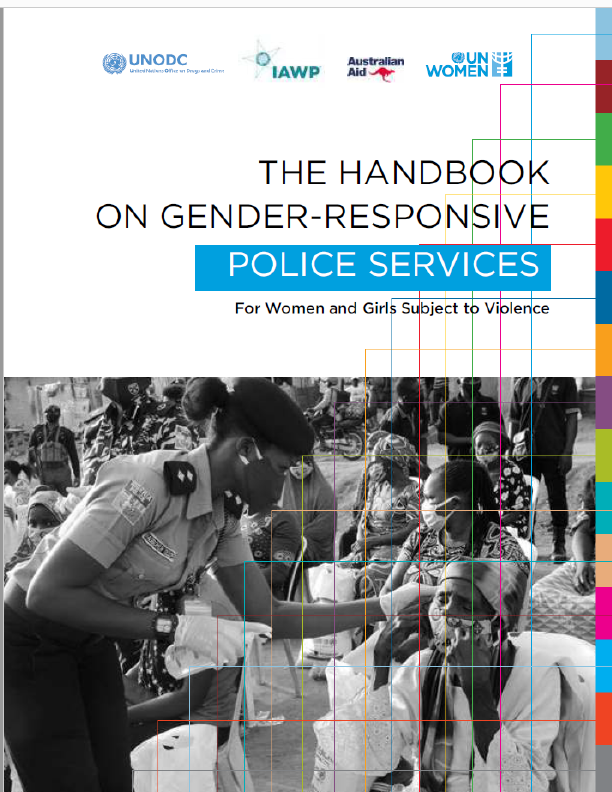This book is intended for a two-semester course in Economics taught out of the social sciences or business school. Principles of Economics aims to teach considerable range and depth of Economic concepts through an approachable style and methodology. The authors take a three-pronged approach to every chapter: The concept is covered with a “Heads Up” to ward off confusion, a realworld application for that concept, and a “You Try It” section to make sure students are staying on top of the concept.
Scarcity
Our resources are limited. At any one time, we have only so much land, so many factories, so much oil, so many people. But our wants, our desires for the things that we can produce with those resources, are unlimited. We would always like more and better housing, more and better education—more and better of practically everything.
If our resources were also unlimited, we could say yes to each of our wants—and there would be no economics. Because our resources are limited, we cannot say yes to everything. To say yes to one thing requires that we say no to another. Whether we like it or not, we must make choices.
Our unlimited wants are continually colliding with the limits of our resources, forcing us to pick some activities and to reject others. Scarcity is the condition of having to choose among alternatives. A scarce good is one for which the choice of one alternative requires that another be given up.
Consider a parcel of land. The parcel presents us with several alternative uses. We could build a house on it. We could put a gas station on it. We could create a small park on it. We could leave the land undeveloped in order to be able to make a decision later as to how it should be used.
Suppose we have decided the land should be used for housing. Should it be a large and expensive house or several modest ones? Suppose it is to be a large and expensive house. Who should live in the house? If the Lees live in it, the Nguyens cannot. There are alternative uses of the land both in the sense of the type of use and also in the sense of who gets to use it. The fact that land is scarce means that society must make choices concerning its use.
Virtually everything is scarce. Consider the air we breathe, which is available in huge quantity at no charge to us. Could it possibly be scarce?
